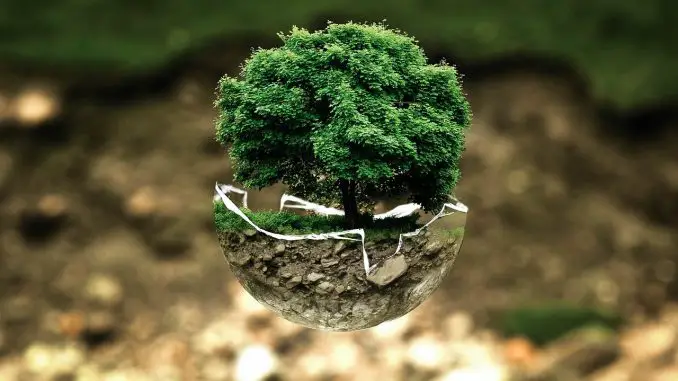
Earth Hour, a climate manifestation initiated by WWF, the World Nature Fund, takes place where people and cities are asked to turn off the light for one hour. Remember: Nobody can do everything, but everyone can do something – and it’s easier than you think.
Here are some tips on how easily you can make a contribution to the environment.
The goal is for the campaign to reach two billion people worldwide. And we should succeed.
Want to do more than turn off your lights?
For some, it is enough to turn off an hour. Others feel they want to do more. Some may just not know what … Here you get tips to be inspired by on what you can do for the environment.
20 tips on how you can help to help the environment
- Shower briefly and do not brush your teeth (or wash) under running water.
- Bike or walk instead of going by car or bus. Remember that it is the shortest car journeys that produce the highest carbon dioxide emissions per kilometer. Take the bus rather than the car and train rather than the bus.
- Switch to eco-friendly electricity marked with Good Environmental Choice. It demands that the electricity is good both from an environmental and climate point of view.
- Sort your waste! Not sorting garbage belongs to yesterday. And yes, that makes a difference.
- Cut down on your meat consumption. Remember that carnivorous eating contributes to greenhouse gases – both in transport and production. Meat is the food that affects the climate most.
- Discard less food. At least make a good effort. Today about a quarter of our food goes in the garbage.
- Turn off the lights when not in a room. This leads to lower energy consumption.
- Turn off the computer when you go home from work for the day. This leads to lower energy consumption and reduced cooling requirements.
- Using kettles, lids on saucepans and utilizing the plates’ after-heat saves a lot of energy.
- Recycle and buy second hand. Instead of buying a new coffee table, one makes, for example, a pallet and a pallet collar. Find quality stuff online or in second-hand stores. When you buy a garment second hand, a full 97 percent energy is saved compared to if the same garment had been newly produced. And acting ecologically, it saves the environment lots of chemicals.
- Eat seasonally. Be aware that fruits and vegetables that get ripe on their own require less energy and are cheaper, tastier and better for the climate.
- Pull out the mobile charger – and all other connected electronic equipment that consumes power even when not in use. Also good for reducing the fire risk.
- Air quickly, efficiently and effectively. Remember that windows on shiny create features that contribute to higher energy use.
- Avoid using chemical pesticides. Households’ use of such preparations is significant and therefore a contributing cause of problems in watercourses. Many pesticides have a strong toxic effect on aquatic organisms, including humans.
- Fill the washing and dishwasher instead of running half full. Buy good detergents with an eco-friendly labeling. Run the laundry at a lower temperature, 40 degrees is often enough with modern detergents. Do not overdose on detergents, try half a tablet for the dishwasher and if the food has not been able to dry – select a shorter program. The disk gets clean anyway.
- Keep cool and freeze in good trim so they draw less electricity. Also, defrost and dust off on the back occasionally.
- Turn off TV, video, stereo and other appliances. Leaving them in standby mode overnight consumes more electricity than you might think: about 10 and 20 percent of household electricity.
- Furnish right. Do not furnish just in front and above the elements. This results in better indoor climate in more even heat.
- Use energy-saving mode on electronic devices that have this capability and remember that, for example, copiers and printers can often be time- and user-controlled. Leads to lower energy consumption, less need for cooling.
- Scrape the dish instead of rinsing before putting it in the dishwasher. It saves water and energy.
Leave a Reply